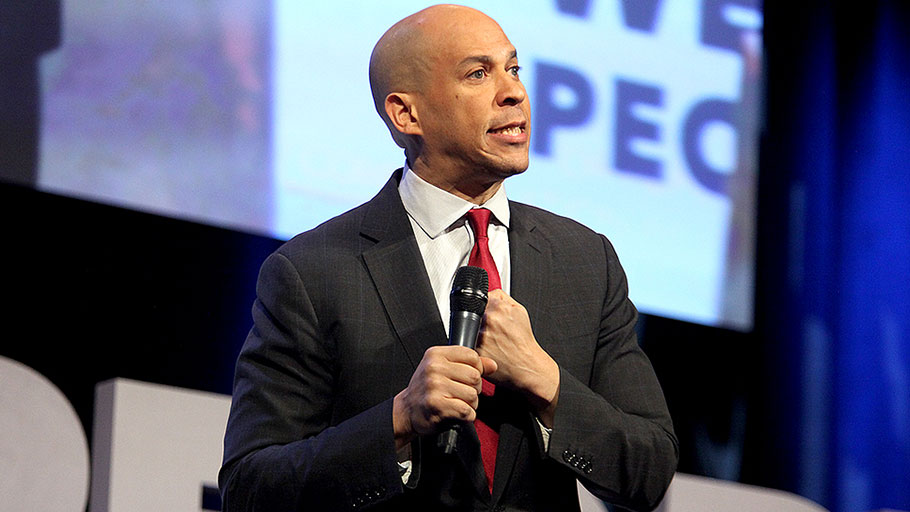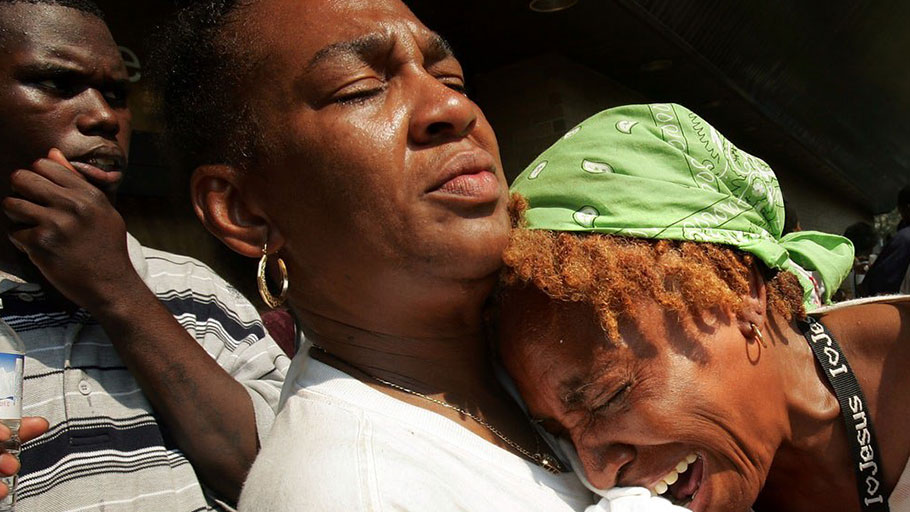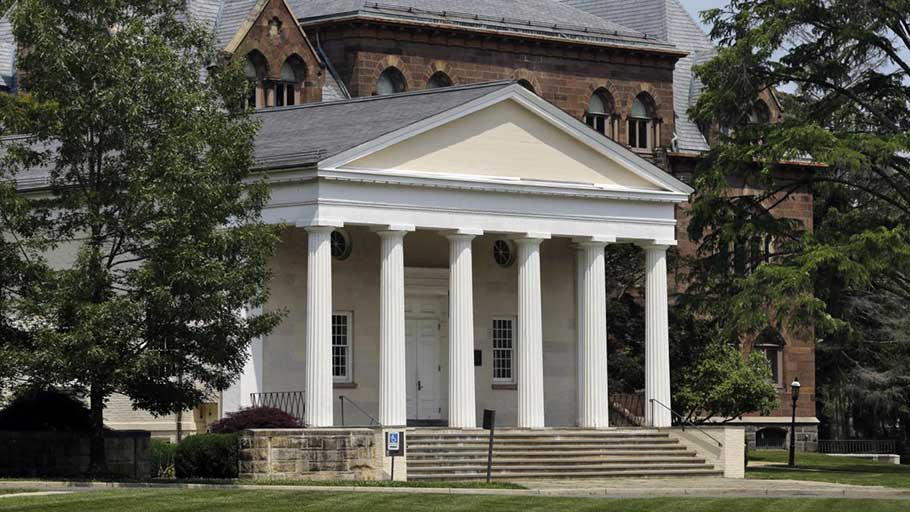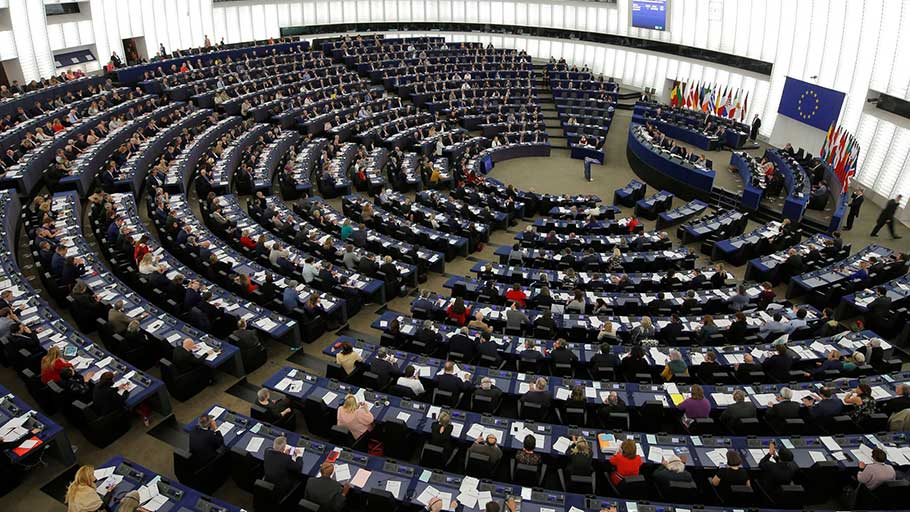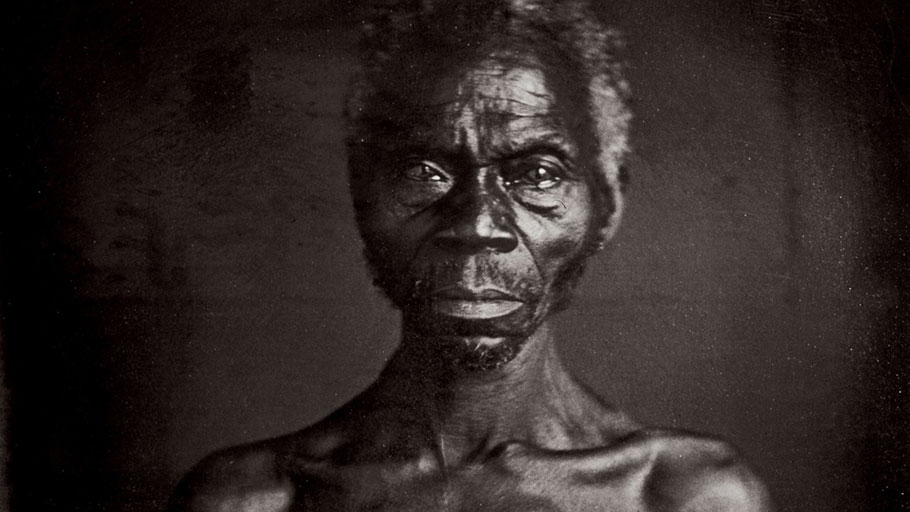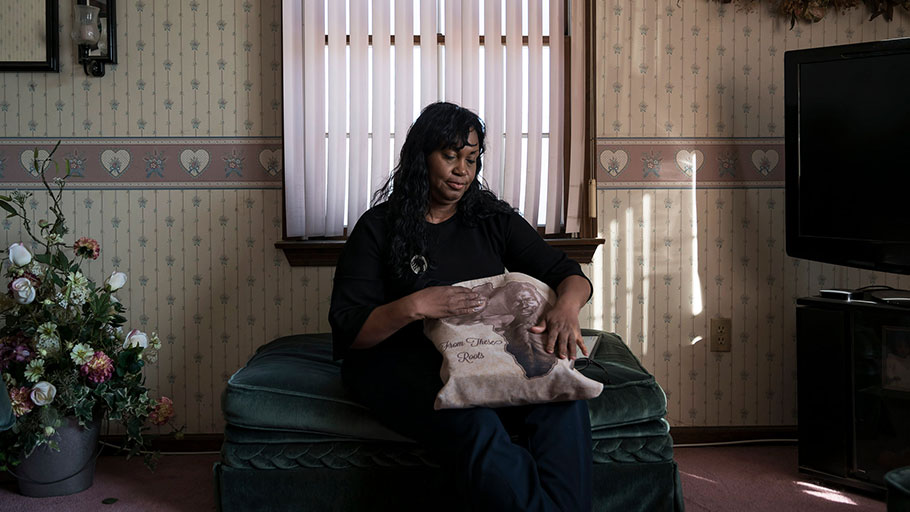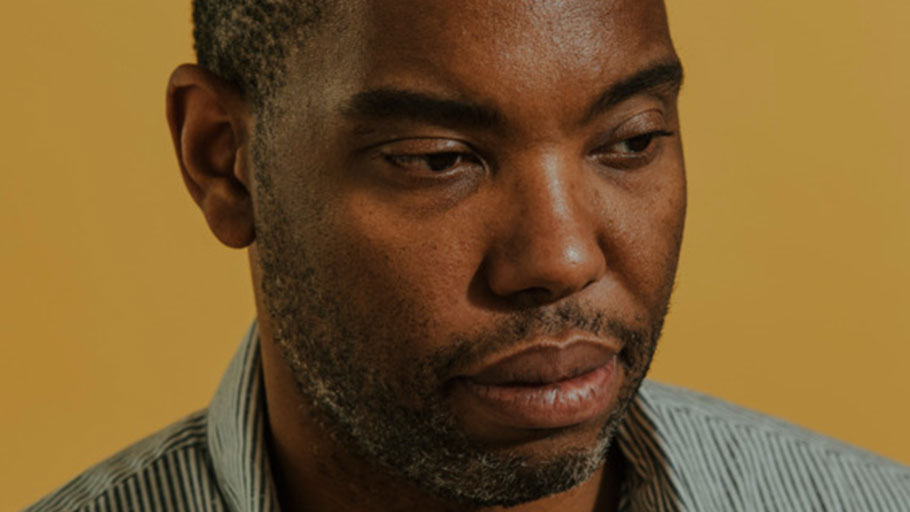
By examining scientific papers, correspondence between naturalists, and the records of slaving companies, historians are now seeing new connections between science and slavery and piecing together just how deeply intertwined they were. By Sam Kean, Science Magazine — At the dawn of the 1700s, European science seemed poised to conquer all of nature. Isaac Newton had recently published his monumental theory of gravity. Telescopes were opening up the heavens to…

